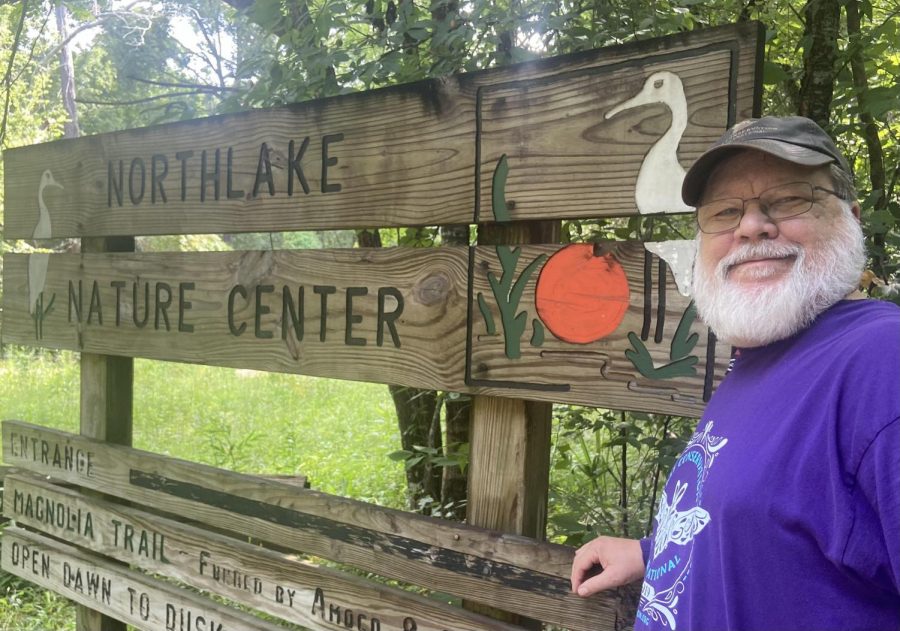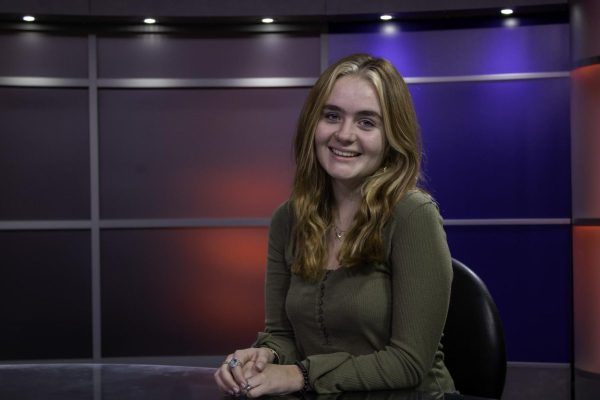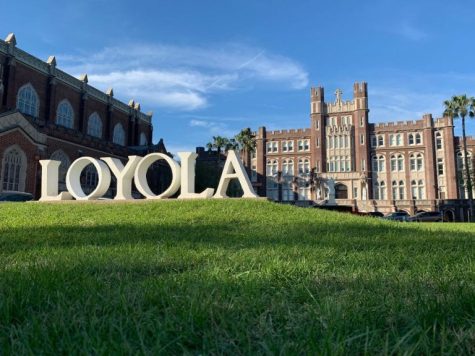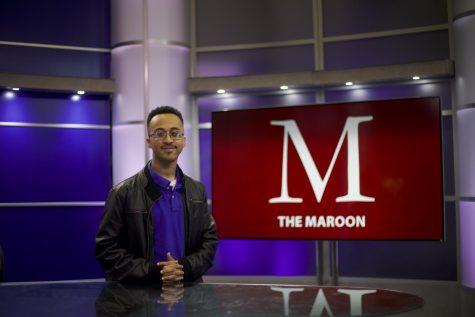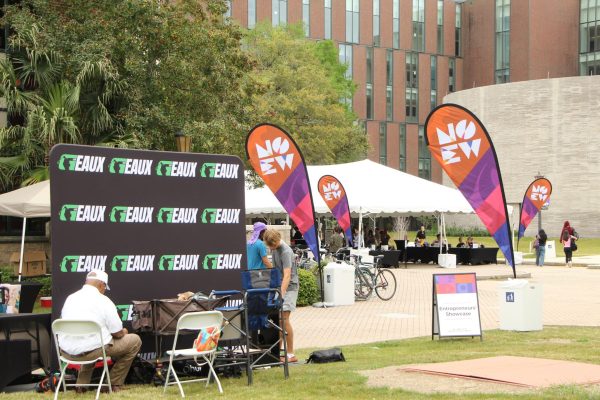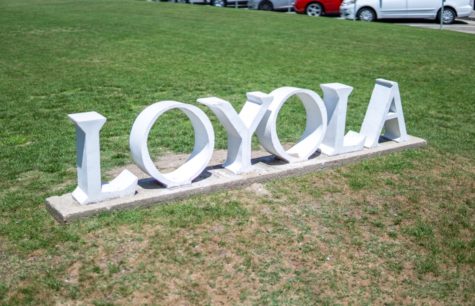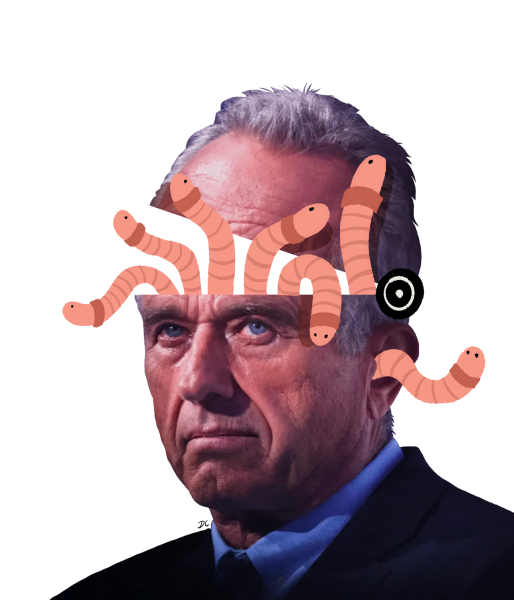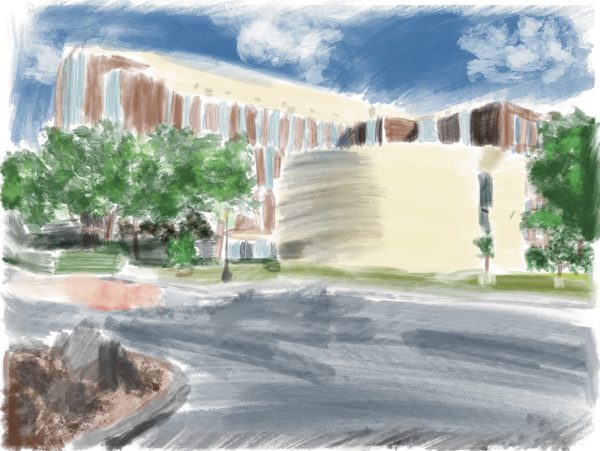OPINION: K-12 educators deserve more respect
Over the past three years, I have been establishing a bat monitoring program across southeastern Louisiana to document and track the ecology of our local bat populations. As I designed this to be both a research and an environmental science education project, I’ve been partnering with numerous public and private K-12 schools and environmental nonprofits. Those partnering experiences, starting well before COVID-19, have given me a new view of a meaning of commitment to community. Parents of kids in school are well aware of how hard it is for teachers and school staff to create great learning communities, but as I’ve worked with a dozen different schools, I have come to appreciate some common threads. During the pandemic, the teachers at every school, some very highly resourced and some barely resourced at all, have struggled mightily to maintain their learning communities and make them succeed. We here at Loyola also struggled with Hyflex and online delivery of our courses and the lack of in-person interactions, including the ability to fully engage our students in internships and scholarly research.
To be honest though, I’ve come to recognize that K-12 teachers are much more like COVID-19 health care providers than university faculty. Like COVID-19 health workers, they are truly first responders in our communities. Also, like health care workers today, they not only thirst for “returning” to normal work, they know how vital it is given the roles they play in our local communities to be able to do so! They are desperate to return to in-person learning, not just because teaching courses in Hyflex is so difficult, but because they truly are committed and responsible to both the educational and personal development of their students. Doing so in-person is imperative for many reasons.
Sadly, like public health directors from local to national levels, K-12 schools are being
threatened by parents and other community members who are protesting (even with violent
threats) the “horrors of wearing masks” at local and state school board meetings. Our state
attorney general has become an active player in protests. It is no wonder that a number of
the teachers and STEM coordinators I’ve been working with this past year have or are considering resigning from their schools. Like COVID-19 nurses, the stress from all of this is a lot to bear. Loyola has gone “all in” in promoting our public health academic programs to address the need for health care first responders. We should also be going “all in” in promoting our teacher education programs – our local schools desperately need not only additional teachers, but certification of veteran teachers. In the College of Arts & Sciences, many of our departments have secondary teacher certification tracks – students fully learn their subject areas and learn to teach as well. Loyola students – if you really want to make a difference – become a teacher or participate in informal or formal education projects, research or internships to express your commitment to community!


